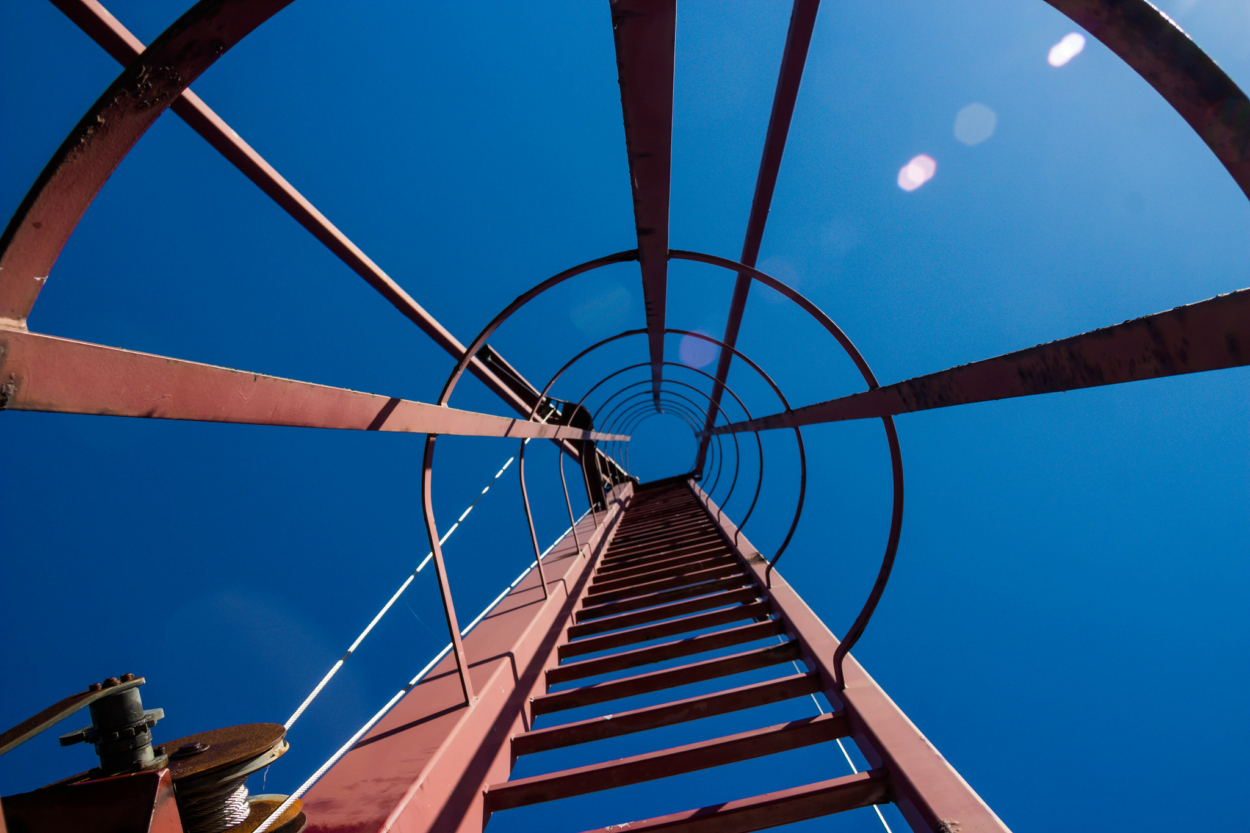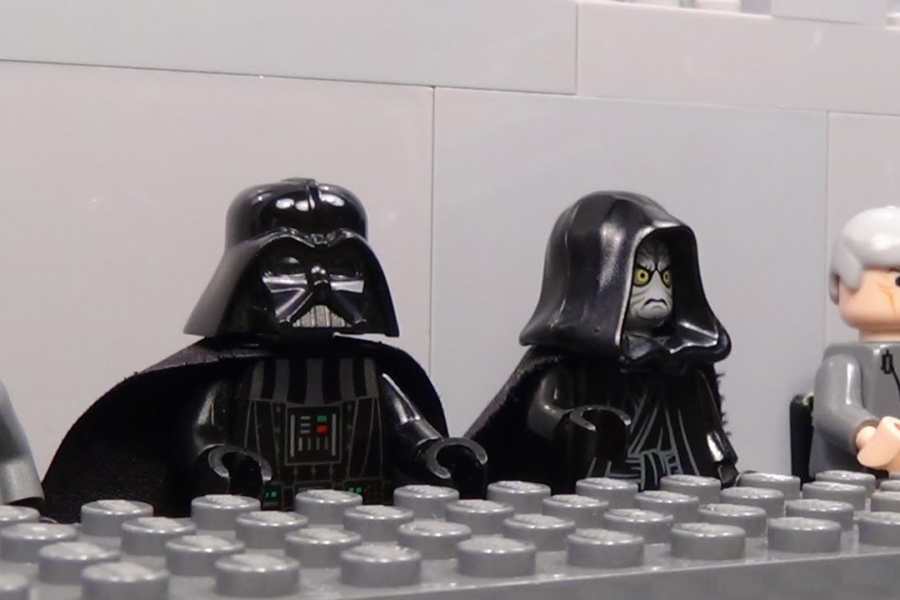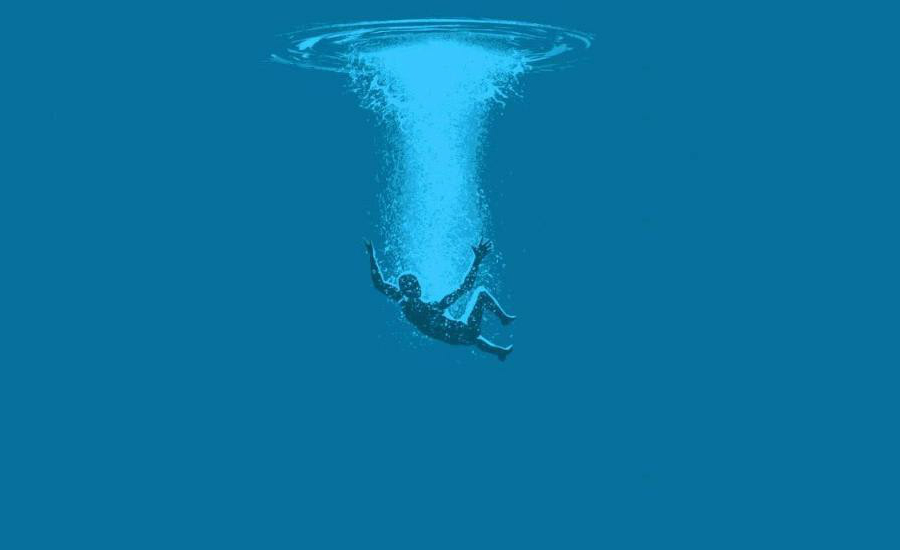Many wrongly equate being senior with being a leader. The reality is that anyone at any level can be a leader, as all it requires is stepping forward and owning things when others step back.
However, even if you advance your career the right way, by stepping forward, as you climb the leadership ladder and reach new heights of seniority, a lack of constant acute focus about people that are not senior, can result in you not being such a great leader anymore. You can begin to forget what it’s like to not be in that senior position.
Why senior people lose perspective
When you’re in the early phases of your career, it’s easy to point the finger at senior people for all of your woes and ‘if only they would listen to you’, everything would be better. When those senior people make big decisions that affect yourself and colleagues, it hits hard as you see, up close and personal, the chaos it can result in. You see how it affects people’s emotions and personal situations – everything is so brutal and instant.
But, as you progress through seniority levels and become responsible for larger pieces of an organisation, you have to think and plan more strategically. The cold hard truth is that when you’re having to make strategic plans and lead, you can’t always choose a path that will leave everyone happy.
Sometimes, you have to make decisions that you sincerely believe are for the best, knowing that it will affect some good people in a negative way. This may sound callous but this is the job and its here where maintaining perspective can be lost by those in a position of power.

Simply put, senior people can easily lose perspective of how their strategic decisions are affecting people. At best, they’ve spent so long being senior that they’ve become used to only dealing with spreadsheet numbers and forget they relate to people. Alternatively or in parallel, to make hard decisions easier to execute, they disassociate themselves with the affected people and only maintain focus on the long-term goals. At worst, they simply don’t care and believe people will just have to suck it up because that’s business. We won’t discuss these latter folks, they’re beyond the help of this article.
Isn’t being senior about making strategic decisions?
Yes, that’s a part of it but what we’re talking about here is being able to make these types of decisions while maintaining your perspective. To do so while truly understanding and facing into the impact it will have on people’s careers and lives, which I believe makes you not just senior but a good leader.
As is so often the case, most people in any position have good intentions and this is true for senior leaders that I’ve witnessed making big plans on spreadsheets of numbers that will affect people.
They’re typically incredibly busy and under enormous pressure, while trying to balance a large number of variables. Until you’ve been in this position, it’s hard to imagine it but this is where someone can either be a good or bad senior leader.
Being senior and a good leader
Often, the only difference between good and bad senior leaders is their ability to manage long-term strategic success while maintaining perspective and thus a positive connection to people, in a way that’s completely authentic and sincere.
To do this, they must be able to never lose sight of how their decisions will effect people and genuinely care about them.

This doesn’t mean not making hard decisions or softening them because it may negatively affect people, but it does mean that they should take great care as to how decisions are communicated and reactions are absorbed.
It means that they should always be mindful that those spreadsheet numbers are people and not just a means to an end.
They should communicate the reasoning for any decisions as early and clearly as possible, as opposed to being light on detail and allowing people to fill in the gaps with their own speculation. They’ll spend the time to hold open listening groups and 1:1s to hear honest feedback and actually expose themselves directly to the consequences of their decisions, taking it on board, and adapting plans if possible.
A good senior leader will not allow themselves to be always locked away in senior meetings but will make time regularly to be with the people that do the work. They’ll see what they’re doing, hear how they’re feeling, directly address problems and build a reputation of someone that while senior, has never forgotten what it’s like to not be.
If a senior leader can maintain their perspective, empathy, humility and humbleness as they climb the ladder, if they can build this type of authentic connection with people, it makes their hard strategic decisions more palatable, as no one doubts how much they care or if their intentions are good.
Please, no matter how high you climb or how busy you are, stay focused and be this type of senior leader.









Leave a Comment